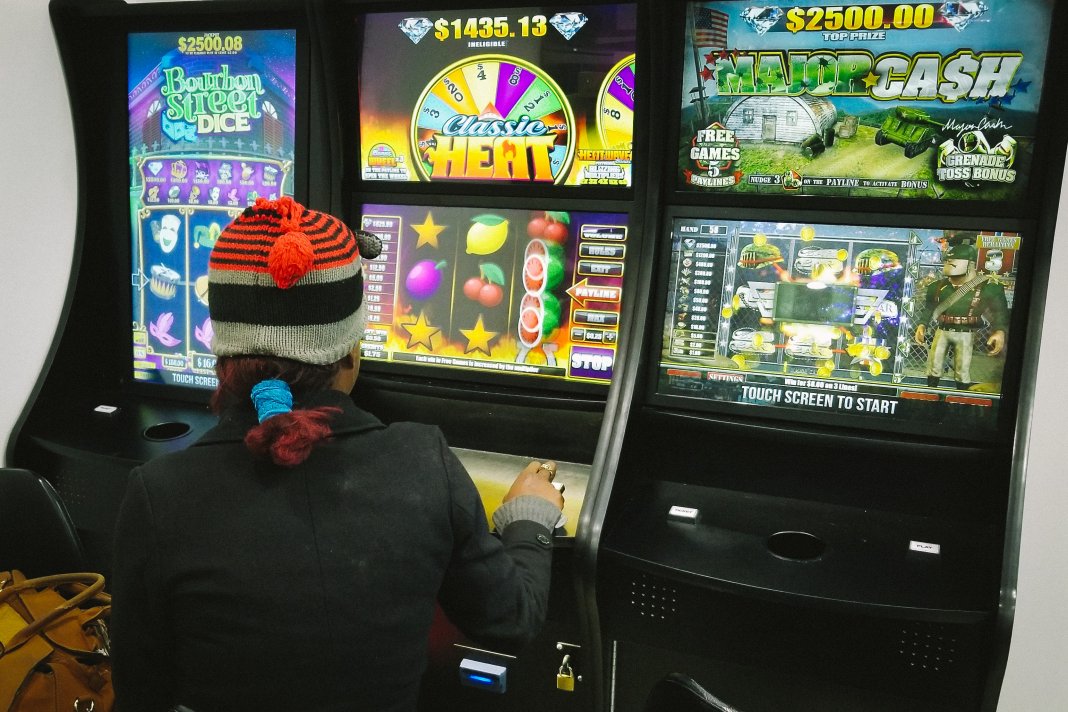VM – Gov. Ralph Northam is amending a gambling bill that easily passed the General Assembly to once again specify that so-called skill games would become illegal come July 1, the governor’s office announced Friday.
If the General Assembly agrees, the change could mean the end of the games resembling slot machines that have spread fast among Virginia convenience stores, restaurants and truck stops. Legislators had agreed to ban them last year, but the Northam administration proposed taxing them for one year only to generate money for a COVID-19 relief fund.
It appeared legislators agreed the machines shouldn’t be a part of the state’s growing gambling industry, but language added to a bill late in the 2021 session seemed to grant them legal status until the summer of 2022.
The bill’s sponsor, Del. Don Scott, D-Portsmouth, said that wasn’t his intent. Nevertheless, gambling lobbyists and others had flagged the bill, meant to give local governments and prosecutors more power to crack down on illicit gambling machines, as potentially doing the opposite of what the General Assembly intended.
When Northam proposed extending the life of skill machines last year as the pandemic began, a top Northam aide explicitly told General Assembly leaders the governor would veto any attempt to continue them past July 1.
Northam’s proposed amendment strikes an entire clause added to the bill that was meant to protect charitable gaming operators, but could have protected for-profit skill games as well.
It remains to be seen whether the skill-game industry, which has mounted a vigorous advocacy campaign to maintain its operations in the state, will quietly pull the plug when that day comes. Before they were temporarily taxed and regulated, the machines existed in a legal gray area, with proponents arguing they required just enough skill by the player that they shouldn’t qualify as a game of chance like traditional slots.
One of the industry’s most prominent companies, Queen of Virginia, also made a concerted effort to build its connections in the state, making more than $450,000 in political contributions and hiring Democratic Party of Virginia Chairwoman Susan Swecker as a paid consultant.



